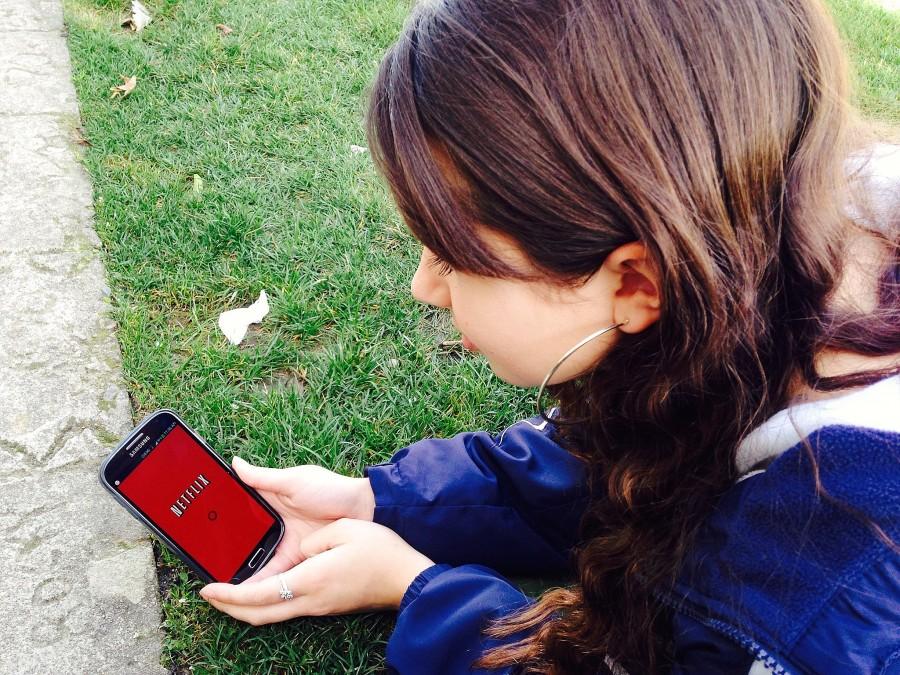Netflix is currently working to improve the quality of their system’s movie recommendations with technology that will mimic the functions of a human brain.
This technology is called Deep Learning. It simulates the neural networks of the human brain in order to analyze and understand connections between movies a user has watched and those that he or she will want to watch.
“Honestly, it’s pretty cool that 20 years ago we didn’t have anything even close to smart phones, and now we’re close to having technology that can figure out people’s preferences like a human mind,” said sophomore Shay Zalavadia. “That is pretty impressive progress.”
The Netflix tech blog states, “Many researchers have pointed out that most of the algorithmic techniques used in the trendy Deep Learning approaches have been known and available for some time. Much of the more recent innovation in this area has been around making these techniques feasible for real-world applications.”
This means that although other companies like Facebook and Google have already delved into the ideas of Deep Learning, Netflix is making significant progress in using it effectively.
The difference now is that Netflix has utilized a much faster network than ever managed before by replacing the CPUs (computer processing units) involved in the technology with GPUs (graphic processing units). Also, instead of building the GPU farms itself like Google did, Netflix is taking advantage of the GPUs in the Amazon cloud.
This innovation in the structure makes efficient use of the technology that was previously too expensive and slow to be viable for real life purposes.
Netflix’s entrance into the field of Deep Learning is aimed at better personalization of user experience with their product. A successful use of this would mean that a computer would create connections in a human way to understand what a movie viewer really would want to see next.
“The recommendations that Netflix gives are really inaccurate,” said junior Allison Clark. “I don’t think I’ve ever found something on them that I actually wanted to watch. It would be really cool if the Deep Learning made them truer to what I actually like, since I do like finding new shows.”
Netflix has over 40 million subscribers in 41 countries, offering over 20,000 movies and TV show episodes. Many Carlmont students are among these Netflix users who favor the site to watch their favorite TV shows and movies.
“I use Netflix a lot, and the recommendations are always pretty off of what I would actually want to see,” said sophomore Justin Pierce. “Improvement on that would be nice.”
Zalavadia agreed. “If recommendations were improved and I was shown new things that I’m actually interested in, I’d probably be using Netflix a lot more. Who wouldn’t?”


